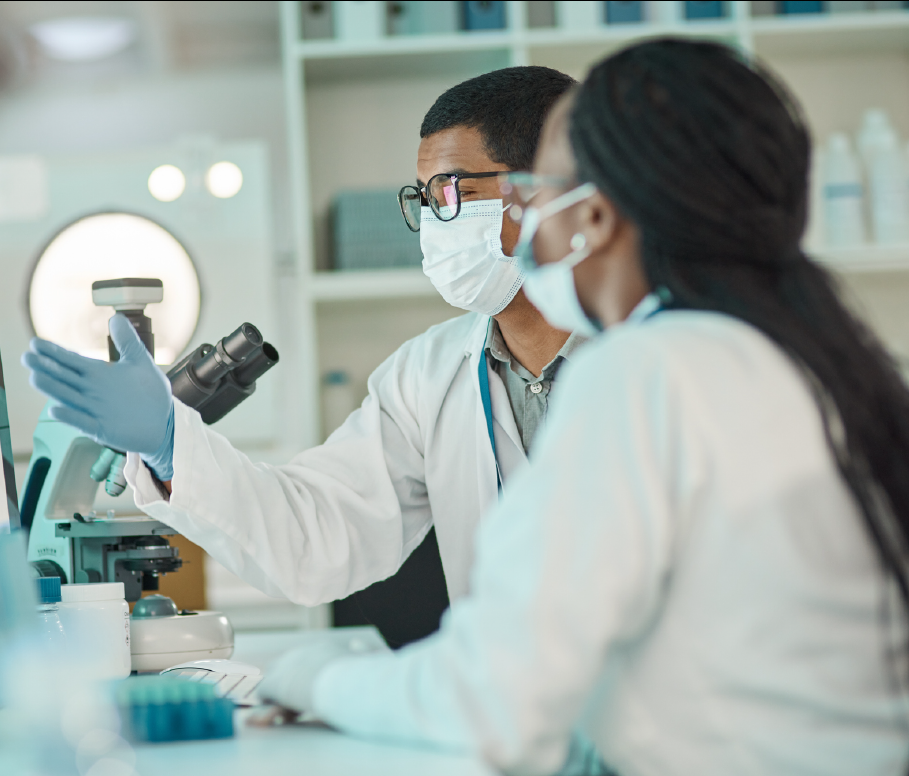Twenty-five civil society organizations from around the world recently signed a joint declaration underscoring how a “robust global framework for the protection of intellectual property (IP) rights plays a key role in ensuring the world is prepared for future pandemics.” This declaration outlines how IP has been instrumental in combatting COVID-19, highlights the real barriers to COVID-19 innovation access, and emphasizes the need for global alignment in the face future threats. Here are the key takeaways:
- IP has proven its value by both enabling the development of successful COVID-19 vaccines and treatments and fostering partnerships to scale up manufacturing. In the two years since COVID-19 was declared a Global Health Emergency, the world has developed 10 authorized vaccines, with more than 60 vaccine candidates now in late-stage development. These unprecedented levels of innovation were made possible by global partnerships, massive resource mobilization and R&D investment, all of which require a robust IP framework. Further, this framework was necessary for the rapid scale-up of vaccine manufacturing, allowing for voluntary licensing and technology transfers that have resulted in a current excess of global vaccine supply.
- Weakening IP rights would leave the world vulnerable. “If IP rights are weakened in any national or multilateral forum, few private sector companies would be willing to engage in R&D or mobilize the capital needed to scale up mass manufacturing.” The world would be reliant on open source or IP-free treatments, which have proven unsuccessful. Further, it would curb international development and manufacturing partnerships, which have been essential to the fight against COVID-19.
- The world must prioritize the actual barriers to vaccine and treatment availability and access, including trade and regulatory issues. Trade barriers have proven particularly troublesome, disrupting vaccine availability across many borders; this can be especially detrimental for products with short shelf lives, such as vaccines. For example, India’s export sanctions in April 2021 resulted in a massive delay of nearly 200 million doses for low- and middle-income countries. In this vein, “a lack of regulatory harmonization led to very different availability timelines in different countries.” Governments should commit to keeping global supply chains flowing freely and aligning regulatory pathways to improve pandemic preparedness efforts.
The COVID-19 pandemic has spurred incredible innovation and collaboration, underpinned by a robust IP system. As we look to the future, governments should focus on increasing access by addressing concrete issues, rather than limiting IP rights. As the declaration emphasizes, “the protection and strengthening of the R&D environment, including the robust protection of IP rights, should be at the heart of future pandemic planning to ensure the development of multiple vaccine and therapeutic options, and their widespread and rapid availability.”
See the complete declaration here.
“A robust global framework for the protection of intellectual property (IP) rights plays a key role in ensuring the world is prepared for future pandemics.”


